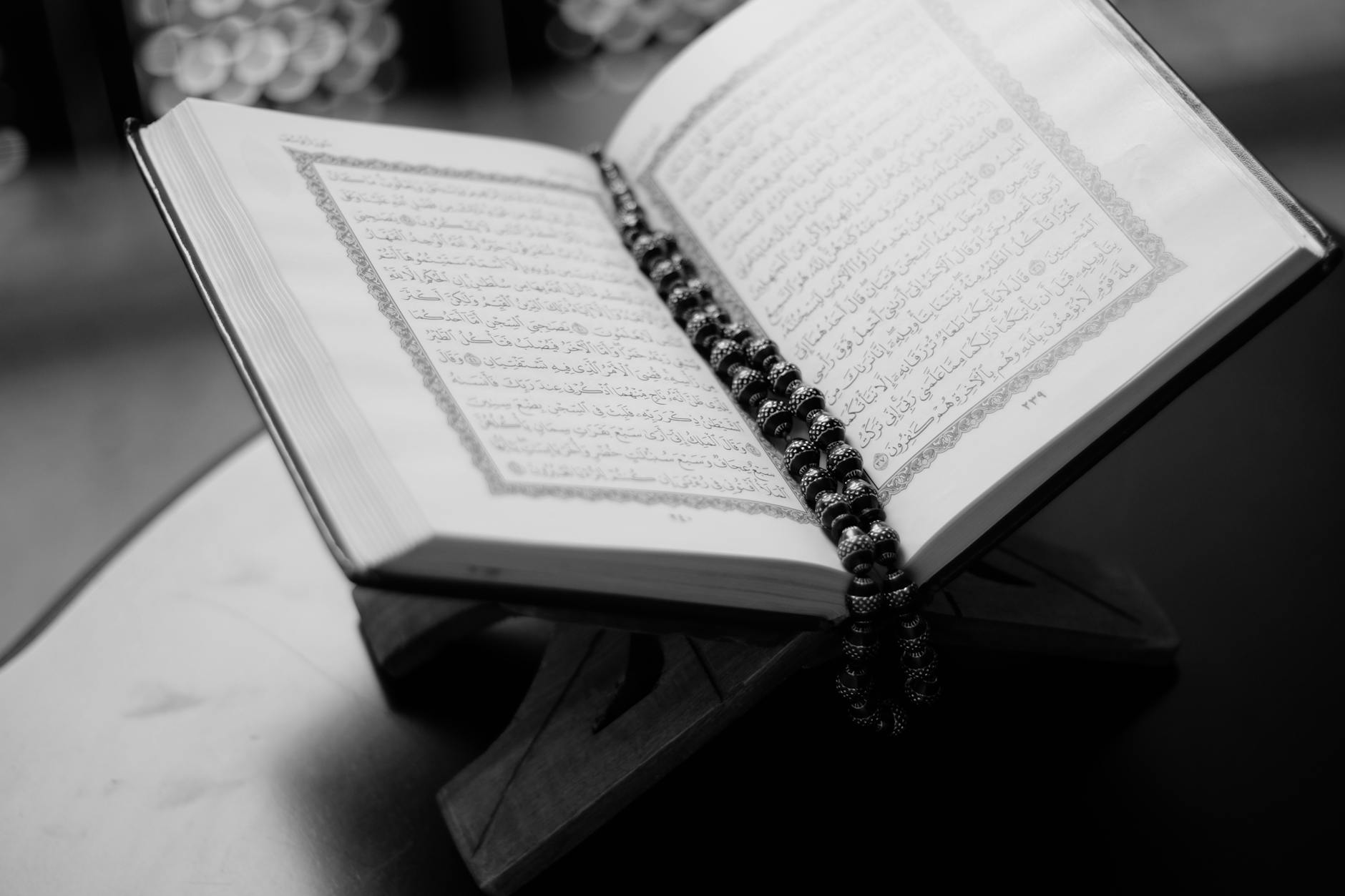
Introduction
Understanding right and wrong is at the core of every faith. In Islam, some actions are considered so serious that they threaten the very foundation of a Muslim’s connection to God. Of these, shirk is labeled as the greatest sin, one that carries unique and severe consequences. Whether you’re a student, a new Muslim, or just curious about Islamic beliefs, knowing why shirk is considered the worst sin reveals much about Islamic ethics and faith.
Shirk: The Greatest Sin in Islam
 Photo by Abdulmeilk Aldawsari
Photo by Abdulmeilk Aldawsari
Shirk means associating partners with Allah. In other words, it’s thinking or acting as if something or someone shares Allah’s unique power or right to be worshipped. The Quran speaks directly about the seriousness of shirk:
"Indeed, Allah does not forgive association with Him, but He forgives what is less than that for whom He wills." (Quran 4:48)
This isn’t just a warning—it’s a statement about the very nature of belief in Islam. To believe in God’s oneness is the backbone of the faith. Shirk is seen as a break in this foundation, making it the sin Muslims are most urgently warned against. In several places, the Quran and teachings of the Prophet Muhammad (peace be upon him) emphasize that worship belongs to Allah alone.
You can learn more about the depth of this teaching and its spiritual impact from the Yaqeen Institute’s detailed discussion: Why Is Shirk the Greatest Sin of All?
The Meaning and Types of Shirk
Scholars divide shirk into two broad types: major and minor. Major shirk is openly directing prayers or worship to something besides Allah. This could mean bowing to idols or believing multiple gods control the world’s fate. Even today, many societies encourage luck rituals or magical beliefs that fall into this category.
Minor shirk, or “hidden shirk,” isn’t as obvious. It can mean doing good things just to be seen and praised by people, instead of for God’s approval. This includes showing off religious acts like charity or prayer. While both types break the spirit of true worship, major shirk is the absolute line that must not be crossed. For more on the forms of shirk, see this clear explanation: What Is Shirk and its Types?
Examples of shirk:
- Praying to saints, prophets, or angels seeking favors.
- Participating in superstitious rituals for protection or luck.
- Believing that any other being shares God’s ability to control outcomes.
Consequences of Shirk in the Afterlife
Islam teaches that those who die without repenting from shirk face the most severe punishment: exclusion from paradise. The Quran says in several places that God may forgive all other sins, but persistent shirk leads to major loss:
“Whoever associates others with Allah—Allah has forbidden Paradise for him...” (Quran 5:72)
This doesn’t mean a person cannot be forgiven for ever—if someone sincerely repents before dying, God’s mercy is always available. However, willfully refusing to give up shirk shuts the door to forgiveness in the afterlife. The warning is direct and serious because its impact is not just about individual behavior, but about staying faithful to the core message of Islam. The seriousness of shirk and its effect on the hereafter are further explained on Britannica’s article about shirk.
Other Major Sins and Their Place in Islamic Teachings
After shirk, Islam lists several other major sins, known as "kabair." These are serious but do not invalidate faith in the same way. The Prophet Muhammad described sins that bring harm to both the individual and society, guiding Muslims to avoid them for a healthy spirit and strong community.
Some major sins after shirk include:
- Murder or harming another person without just cause.
- Engaging in magic or witchcraft.
- Adultery and sexual immorality.
- Abandoning the five daily prayers.
- Consuming interest (usury or riba).
- Disrespecting parents.
- False witness or lying in court.
You’ll find a more complete list and discussion in "The Seventy Major Sins in Islam" at Kube Publishing: The Seventy Major Sins in Islam
Major Sins Beyond Shirk
Major sins (kabair) might tempt a person with temporary pleasure or profit, but they carry heavy warnings in the Quran and Hadith. Some lead to strict punishments in Islamic law, while others are labeled as “gateway sins” because they open the door to more wrongdoing.
Why major sins are dangerous:
- They damage a person’s heart and conscience.
- Left unchecked, they can ruin families and communities.
- Repeating them without guilt makes repentance harder.
For a broader overview of Islamic teachings on sin and good conduct, the Wikipedia entry on Islamic views on sin provides useful background.
Repentance and the Path to Forgiveness
Islam keeps hope alive even for those who commit serious sins. The concept of tawbah, or sincere repentance, is central to spiritual healing. The process of seeking forgiveness in Islam is both practical and spiritual:
- Stop the sinful act right away.
- Feel honest regret for the action.
- Firmly decide never to repeat the sin.
- If others were harmed, fix the wrong as best as possible.
God’s mercy is described as wider than all sins. The only unforgivable sin is persistent, unrepented shirk. But anyone who sincerely repents can expect God’s forgiveness, no matter how bad their past may have been.
Conclusion
Avoiding shirk stands at the heart of Islamic faith. It isn’t just about following rules but about protecting the deepest trust between a believer and their Creator. Understanding and avoiding all major sins leads to a stronger, healthier soul and community. Yet, Islam always keeps the door open for sincere repentance, reminding everyone that no one should lose hope in God’s mercy. Recognizing the seriousness of shirk reminds every Muslim why faith, honesty, and self-correction matter each day.
Comments
Post a Comment